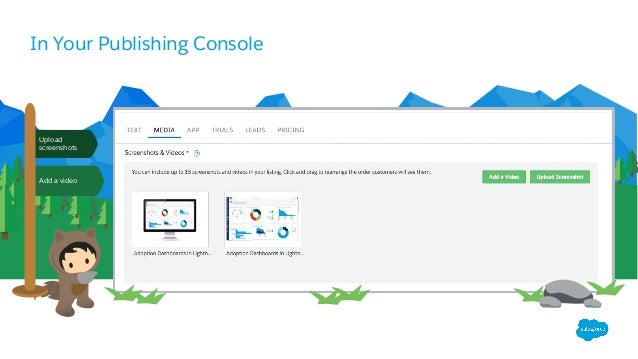
Glozier et al conducted a double-blind study on an internet-based cognitive behavioral therapy (iCBT) program. In this design, patients knew when they were randomized into a control and wait-list condition and might have been disappointed or felt set back by this, potentially leading to less hope induction or even nocebo effects. However, patients randomized into the control arm first received the invitation to join an online discussion forum and, after the intervention period, received the standardized treatment. Johansson et al tested a tailored and standardized version of the same web-based intervention against an active control condition (an online discussion forum) and found moderate to large effects with regard to symptoms of depression ( d=0.84 and d=0.57). The observed effect sizes for the web-based intervention ( d=0.38) and the information website ( d=0.29) were statistically significant but smaller than those in wait-list–controlled studies.

Although varying in content (depression-specific content vs aspects about lifestyle), all 3 groups received the same amount of telephone contact with the study team. Mackinnon et al tested 2 active treatments (a web-based intervention and an information website) against an attention control condition, in which participants discussed certain aspects of their lifestyle with the study team. To date, only a few studies have compared web-based interventions for depression with active or placebo control interventions and even fewer report on follow-up data.

So far, most trials on web-based interventions have relied on wait-list and care as usual controls, with comparisons to wait-list control likely overestimating the real efficacy. Especially for patients with depression (a condition in which hopelessness and a negative view of the future are part of the symptomatology), becoming aware of only being in the control condition does not induce hope but might instead produce nocebo effects. One possible explanation for this phenomenon is the influence of patients’ expectations regarding the success of the intervention. Studies with wait-list controls produce larger effect sizes (Hedges g=0.9) than those using care as usual or other control conditions (Hedges g=0.38). Īlthough these studies and meta-analyses appear to provide consistent evidence for the efficacy of web-based interventions, an important limitation sheds doubts on this area of research: Effect sizes observed in trials investigating web-based interventions are dependent on the control condition used. Web-based interventions across several disorders also have been found to produce stable effects for up to 3 years in a review incorporating 14 trials with 902 participants, 3 of which dealt with depression and found positive effects after 2-3.5 years. A consistent finding is that interventions that incorporate some kind of guidance (through personal contact or via email support) turn out to have better retention rates and antidepressant effects than self-guided interventions. Their efficacy seems to have been confirmed by several reviews and meta-analyses finding statistically significant, moderate effect sizes ( d=0.56 and d=0.59 Hedges g=0.50 d=.67 ) when comparing internet-based interventions with treatment as usual (TAU) or with wait-list controls. The majority of web-based interventions for depression are based on techniques derived from CBT, consist of 5 to 15 modules, and incorporate psychoeducational material as well as interactive elements or tasks. Web-based interventions are promising for closing this treatment. Especially in primary care, where the majority of patients with diagnosed depression are treated, access to psychotherapy is problematic. Cognitive behavioral therapy (CBT) is an evidence-based treatment for depression recommended in national and international treatment guidelines, but access to this treatment is limited. They raise the hope of offering a cost-effective and easily disseminated intervention via the internet for one of the most common disorders worldwide. Web-based interventions for people with depression have been evaluated positively in numerous randomized controlled trials (RCTs).

Web-Based Interventions in the Treatment of Depression


 0 kommentar(er)
0 kommentar(er)
